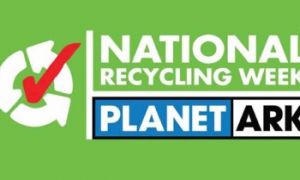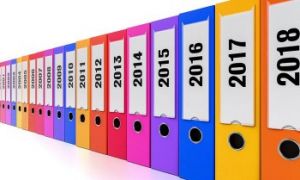Here’s a streamlined set of weekly reflection questions designed for educators to use quickly—whether during team check-ins, solo journaling, or embedded in documentation cycles. They’re emotionally intelligent, trauma-informed, and adaptable across age groups and settings.
Practice & Pedagogy
- What moment of authentic child voice stood out this week?
- Which strategy or resource felt most effective—and why?
- Did I adapt anything to better support trauma-informed practice?
Relationships & Communication
- How did I foster emotional safety for children and colleagues?
- Was there a conversation that shifted my perspective?
- What feedback (verbal or nonverbal) did I receive from children?
Environment & Engagement
- What part of the environment sparked curiosity or calm?
- Did I notice any barriers to inclusion or engagement?
- How did I respond to spontaneous learning moments?
Well-being & Self-Awareness
- What restored my energy this week?
- When did I feel most connected to my purpose?
- What boundary or support do I need moving forward?
Compliance & Reflection
- Did any documentation or policy need revisiting?
- Were there any gaps in ratio, supervision, or safety I should flag?
- What advocacy opportunity emerged from this week’s practice?
Leadership & Growth
- What leadership moment—big or small—did I lean into this week?
- How did I support a colleague’s growth or well-being?
- What insight or challenge expanded my thinking as an educator?
- Is there a policy, practice, or resource I feel called to improve?
- What advocacy thread emerged that I want to follow up on?
Further Reading
Q: How Can Educators Make Reflections Meaningful?
List Of Reflection Questions For The Learning Environment
List Of Reflection Questions For Programming and Planning
Reflective Practices In Childcare
Practical Examples Of Critical Reflections In Early Childhood


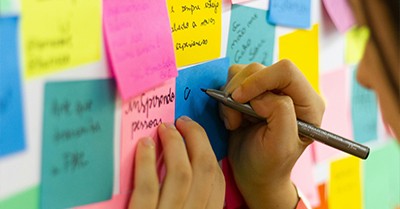

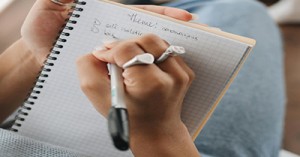
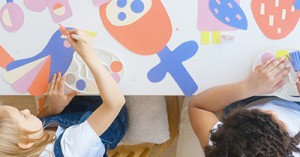
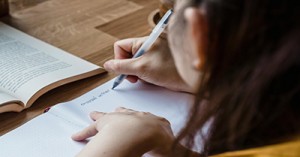
 Here is the list of the EYLF Learning Outcomes that you can use as a guide or reference for your documentation and planning. The EYLF
Here is the list of the EYLF Learning Outcomes that you can use as a guide or reference for your documentation and planning. The EYLF The EYLF is a guide which consists of Principles, Practices and 5 main Learning Outcomes along with each of their sub outcomes, based on identity,
The EYLF is a guide which consists of Principles, Practices and 5 main Learning Outcomes along with each of their sub outcomes, based on identity, This is a guide on How to Write a Learning Story. It provides information on What Is A Learning Story, Writing A Learning Story, Sample
This is a guide on How to Write a Learning Story. It provides information on What Is A Learning Story, Writing A Learning Story, Sample One of the most important types of documentation methods that educators needs to be familiar with are “observations”. Observations are crucial for all early childhood
One of the most important types of documentation methods that educators needs to be familiar with are “observations”. Observations are crucial for all early childhood To support children achieve learning outcomes from the EYLF Framework, the following list gives educators examples of how to promote children's learning in each individual
To support children achieve learning outcomes from the EYLF Framework, the following list gives educators examples of how to promote children's learning in each individual Reflective practice is learning from everyday situations and issues and concerns that arise which form part of our daily routine while working in an early
Reflective practice is learning from everyday situations and issues and concerns that arise which form part of our daily routine while working in an early Within Australia, Programming and Planning is reflected and supported by the Early Years Learning Framework. Educators within early childhood settings, use the EYLF to guide
Within Australia, Programming and Planning is reflected and supported by the Early Years Learning Framework. Educators within early childhood settings, use the EYLF to guide When observing children, it's important that we use a range of different observation methods from running records, learning stories to photographs and work samples. Using
When observing children, it's important that we use a range of different observation methods from running records, learning stories to photographs and work samples. Using This is a guide for educators on what to observe under each sub learning outcome from the EYLF Framework, when a child is engaged in
This is a guide for educators on what to observe under each sub learning outcome from the EYLF Framework, when a child is engaged in The Early Years Learning Framework describes the curriculum as “all the interactions, experiences, activities, routines and events, planned and unplanned, that occur in an environment
The Early Years Learning Framework describes the curriculum as “all the interactions, experiences, activities, routines and events, planned and unplanned, that occur in an environment